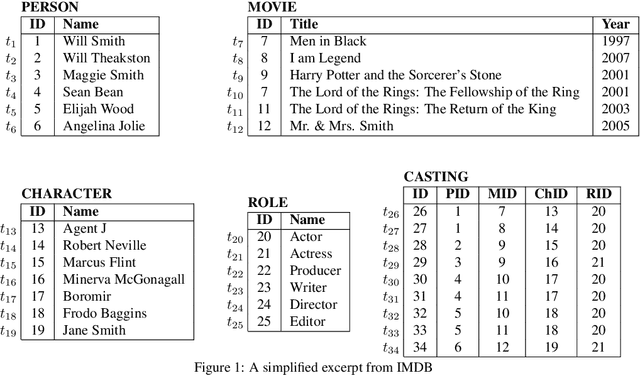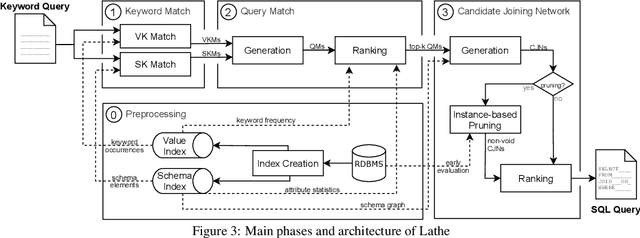Paulo Martins
Human-centered trust framework: An HCI perspective
May 15, 2023Abstract:The rationale of this work is based on the current user trust discourse of Artificial Intelligence (AI). We aim to produce novel HCI approaches that use trust as a facilitator for the uptake (or appropriation) of current technologies. We propose a framework (HCTFrame) to guide non-experts to unlock the full potential of user trust in AI design. Results derived from a data triangulation of findings from three literature reviews demystify some misconceptions of user trust in computer science and AI discourse, and three case studies are conducted to assess the effectiveness of a psychometric scale in mapping potential users' trust breakdowns and concerns. This work primarily contributes to the fight against the tendency to design technical-centered vulnerable interactions, which can eventually lead to additional real and perceived breaches of trust. The proposed framework can be used to guide system designers on how to map and define user trust and the socioethical and organisational needs and characteristics of AI system design. It can also guide AI system designers on how to develop a prototype and operationalise a solution that meets user trust requirements. The article ends by providing some user research tools that can be employed to measure users' trust intentions and behaviours towards a proposed solution.
Supporting Schema References in Keyword Queries over Relational Databases
Mar 11, 2022



Abstract:Relational Keyword Search (R-KwS) systems enable naive/informal users to explore and retrieve information from relational databases without knowing schema details or query languages. These systems take the keywords from the input query, locate the elements of the target database that correspond to these keywords, and look for ways to "connect" these elements using information on referential integrity constraints, i.e., key/foreign key pairs. Although several such systems have been proposed in the literature, most of them only support queries whose keywords refer to the contents of the target database and just very few support queries in which keywords refer to elements of the database schema. This paper proposes LATHE, a novel R-KwS designed to support such queries. To this end, in our work, we first generalize the well-known concepts of Query Matches (QMs) and Candidate Joining Networks (CJNs) to handle keywords referring to schema elements and propose new algorithms to generate them. Then, we introduce an approach to automatically select the CJNs that are more likely to represent the user intent when issuing a keyword query. This approach includes two major innovations: a ranking algorithm for selecting better QMs, yielding the generation of fewer but better CJNs, and an eager evaluation strategy for pruning void useless CJNs. We present a comprehensive set of experiments performed with query sets and datasets previously used in experiments with state-of-the-art R-KwS systems and methods. Our results indicate that LATHE can handle a wider variety of keyword queries while remaining highly effective, even for large databases with intricate schemas.
 Add to Chrome
Add to Chrome Add to Firefox
Add to Firefox Add to Edge
Add to Edge